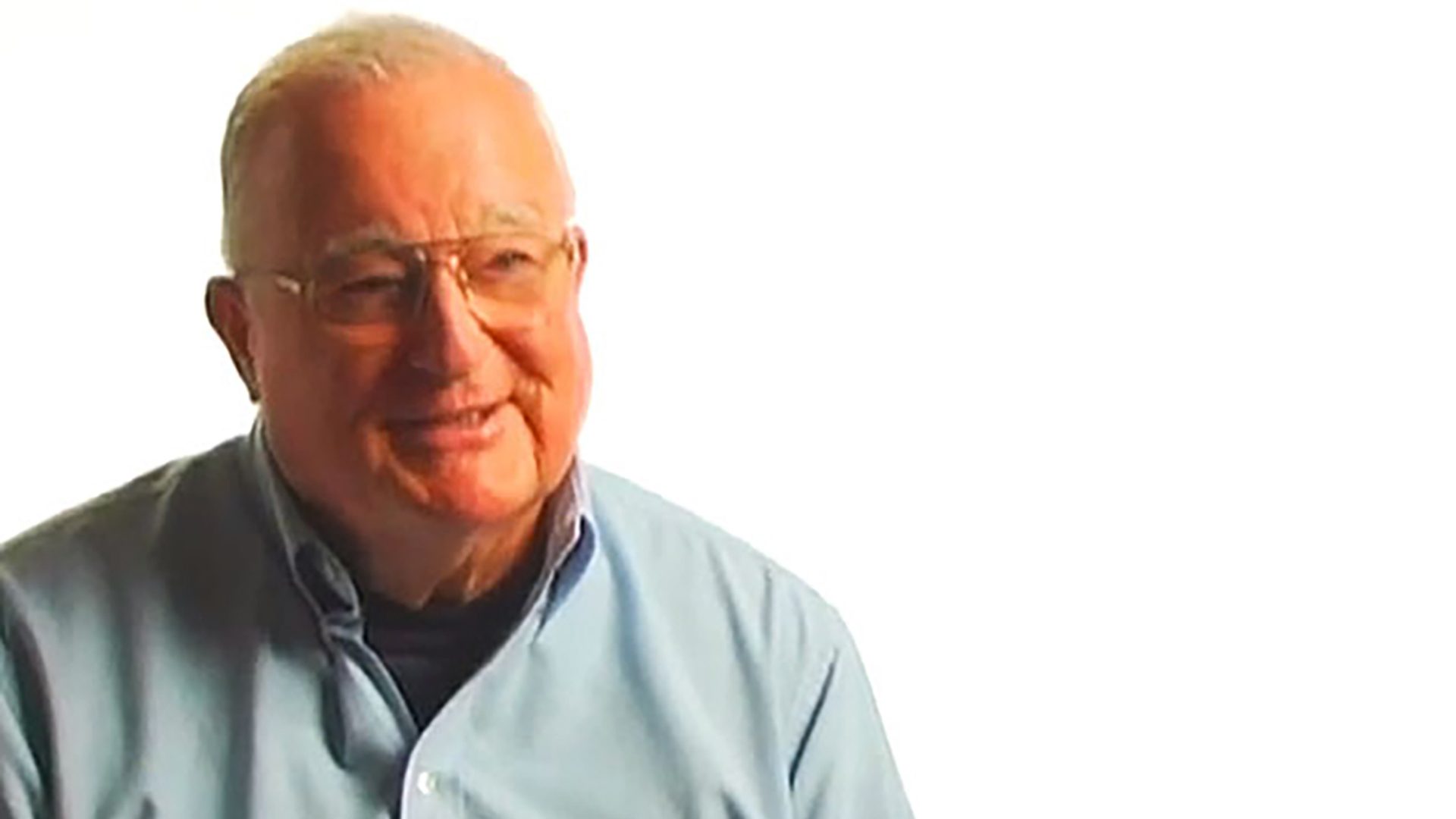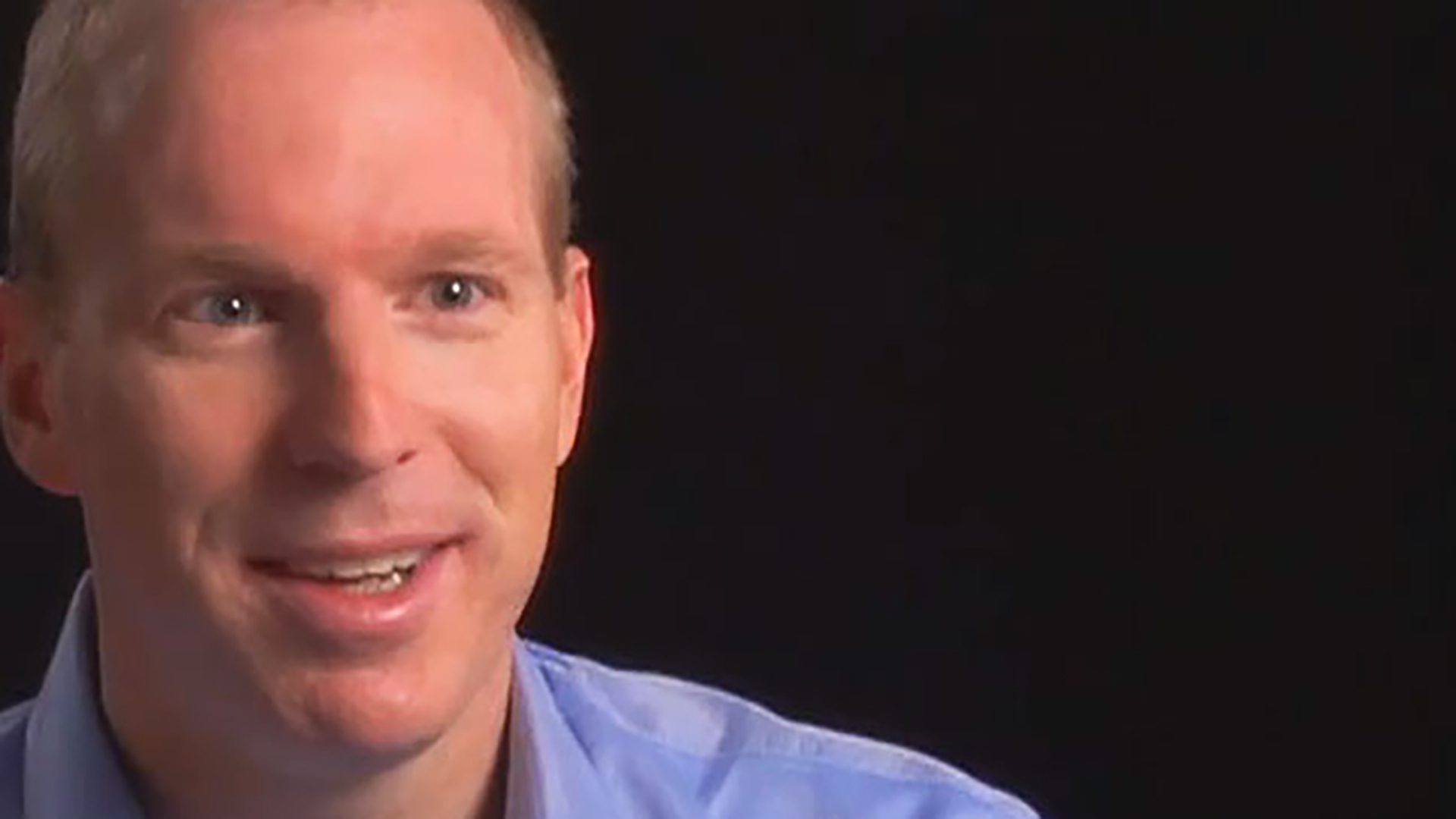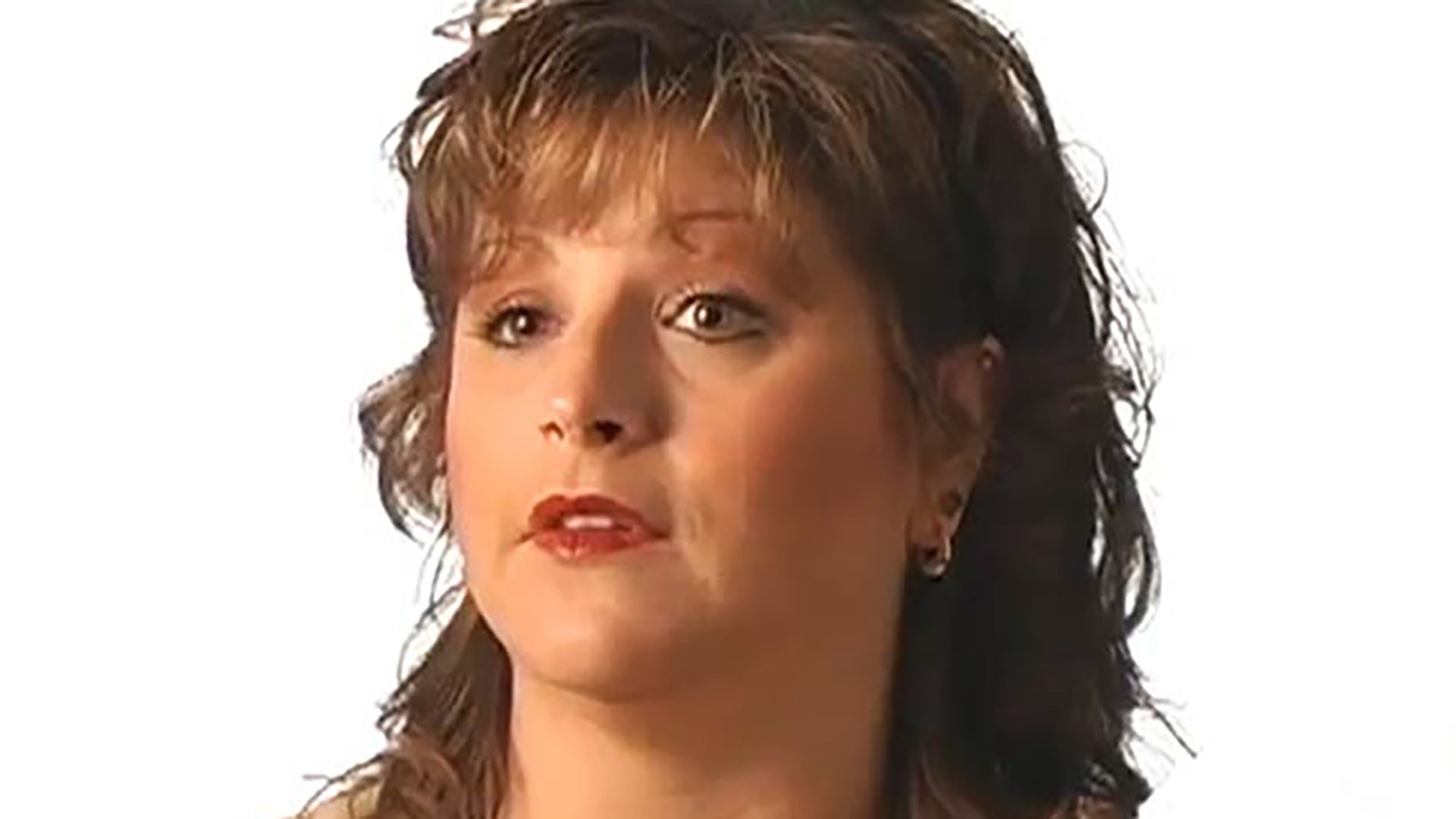Survivor Interview – Brice L.
Brice is a prostate cancer survivor. He discusses dealing with sexual dysfunction, his fear of recurrence, and setting priorities in his life.

I was diagnosed with prostate cancer in December of 1999.
I was having a routine physical examination with my family doctor. When I saw him about 10 days later, he said my PSA had been elevated from two to four and that it may be nothing to be alarmed about, but it’s a red flag. So he had me get a more sophisticated blood test, which confirmed it. Of course, a urologist did the biopsy of the prostate.
My wife and I weren’t too impressed with the urologist that did the biopsy. He outlined the options and strongly urged me to see a radiation oncologist in our area. Although the urologist would be doing the surgery if I chose that, he also wanted me to be able to make up my own mind, so I saw this radiation oncologist. I wasn’t too comfortable with this other doctor. So I went to another clinic and met a super guy. I chose surgery because I had a very aggressive strain of cancer. Usually prostate cancer is not too rapid. That’s why they have so many people do watchful waiting. The doctor will say, “Well, let’s just wait and see. Get a PSA test a little more frequently, but we’ll just stay on top of it.” I didn’t have that privilege really. The doctor was quite concerned. As a matter of fact, he moved the surgery date up. I didn’t want to take a chance that it would spread.
We hear so much more about getting a second opinion. I don’t mean keep seeing doctors until you hear what you want to hear, but you have to feel comfortable with your surgeon or your radiation oncologist. I think it’s important. You want a surgeon who knows what he’s doing, of course, and has a good track record. So that’s really why I feel you should look around, unless maybe you feel you don’t have to.
The side effects with the surgical procedure come post-operatively. There are two main side effects that we males have to contend with, and that’s incontinence and impotence. Of course, depending on your age, younger fellows probably won’t have too much of a problem. I was 70 when I had it done, but I had no incontinence problem. The impotence is there, which is a little frustrating, but you cope. You have to have a partner who is understanding, and I’m fortunate in that respect. My wife and I had our conference with the urologist, who explained what to expect. So following the surgery, of course, she knew this, in all likelihood, would happen. You just compensate. We’re still affectionate, but we just can’t have intercourse. Emotionally, that’s tough to handle sometimes. But she’s been very patient and understanding. I can truthfully say it really hasn’t been that much of a problem. And maybe I’m speaking for her, but I feel I’m cheating her sometimes, but again, you have to consider what the alternative would have been. I can’t think of any way in which our relationship has been altered one way or the other. We’re coping with this particular “problem” and we’re moving on. We’re both busy and life goes on.
I think anybody would still have fear of recurrence. It’s not on my mind all the time, but I get my PSA every six months. There’s always the concern that maybe they didn’t get it all. It’s not an overriding thing at all. If they do detect it, there are ways they can handle it medically. The urologist was confident that we caught all of it in time before it left the prostate, because they ran tests at the hospital on my bones. It hadn’t gotten into bones, and as far as they could tell, it hadn’t gotten into any of the lymph glands. So they felt quite sure that it was still contained in the prostate. From that standpoint, I just figured, I’m not gonna sweat it. I am just gonna let him go ahead and do his job.
I’m not out crusading or anything like that; although, if I ever hear some guy saying, “It’s been ten years since I’ve had a physical,” I try to tell them that it’s important that he does. It makes you more aware, and you can empathize with men who say things like they haven’t been checked or they’re having prostate problems. Your antenna is out. You pick up on these things. I try to talk to them if I can.
Survivorship could be a state of mind. You’re more aware of what the word means after you’ve been through an event. I think it makes you more aware of doing what’s better for you. By that, I mean eating the right foods and getting more exercise. These things take on a little more importance in one’s list of priorities than maybe they have in the past. Because in the past, if nothing’s wrong, you think you’re indestructible, like some teenager. “Nothing’s gonna happen to me.” But we’re all very frail, and you never know when something’s going to pop up like that. So I think it makes you more aware of doing the right things and taking care of yourself a little better.
I don’t think that I have changed my behavior much. You do a lot more reading once you’ve been diagnosed, and you realize how important diet and exercise are. But there are certain foods that I should eat more and certain that I should eat less of. So you learn these things and I try to do it. It’s hard in today’s society to stick to some rigid regimen like that, because you’re out at social events, and it’s difficult. But you try. I think I’m just more aware of those things than I was before.
My priorities have changed a little bit. This is something you hear from a lot of people who have been diagnosed. My wife and I are trying to do more things together, like traveling. Even though we can’t afford some of it, we do it anyway. As long as we can still walk and take nourishment, we’re gonna do these things. We try to spend as much time with the grandkids as we can. I think we try to do more of those things together than maybe we would have if none of this had happened.
Livestrong means doing the best you can, doing the right things, eating better and doing the things you know you should do, keeping a positive attitude, and being considerate of others.
My name is Brice Lockwood, and I’m a five-year prostate cancer survivor.

